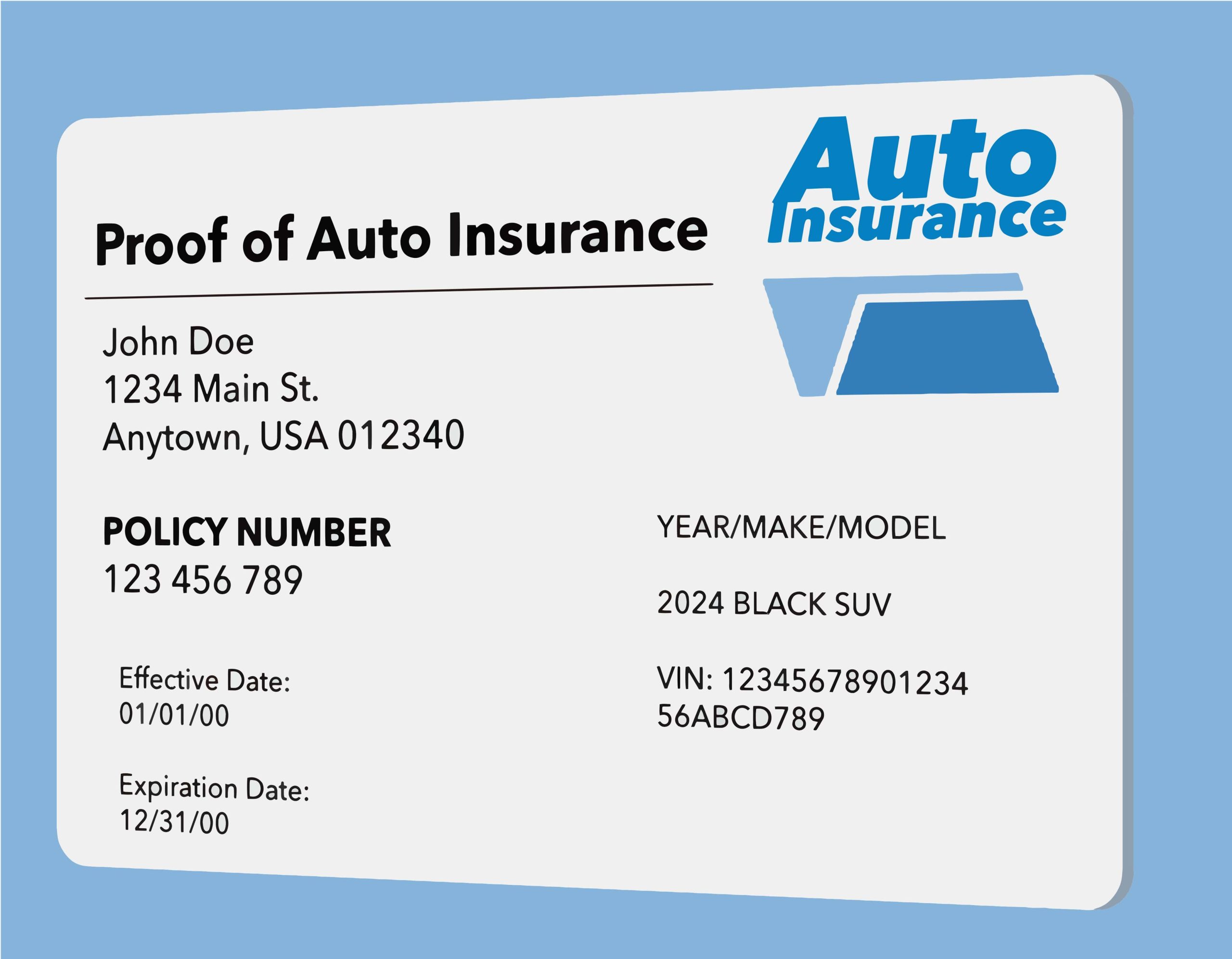Most of the states in the United States of America require the owner of the car to buy car insurance when they acquire a new or a used car. The reason for this stipulation is simple. If you are involved in an accident, the provision of the insurance policy will help you to pay for the damages. These include medical expenses of another person and the car damage or other property arising from the accident. When you are called to court for the accident, it also helps pay your legal bills.
Except for New Hampshire, all states in the US have made it mandatory for car owners to buy insurance. However, they must provide proof that they can afford to pay for an accident that is their fault.
.

You may be confident in your driving skills, but that does not mean that you will be safe on the roads. No matter how good a driver you are, when you are on the road, you will always be exposed to the risk of an accident due to somebody else’s negligence. You will only realize the value of insurance when you get into a dicey situation, and you may need to make a claim.
The consequences due to accidents can be severe because, besides financial loss and personal injuries, they also cause severe mental stress. Having car insurance helps relieve a lot of your financial setbacks.

Most drivers have car insurance due to the mandatory requirement of the law, but that doesn’t mean you should opt for the minimum coverage. Considering the above-mentioned details, there are many reasons to buy car insurance.
Car Insurance Will Protect You
Having a liability coverage option is a must. But many car owners do not opt for it. Having proper car insurance is not just a must, it can also offer you peace of mind. If you opt for uninsured motorist coverage in your car insurance, it will help pay for your medical bills if you’re hit by a driver without car insurance.

Having car insurance will help you pay for the medical bills of the passengers in your car, too. This includes items like hospital visits, doctor bills, and surgery if needed.
Car Insurance Is a Requirement for Your Lender
When you finance or lease your car, your lender might require you to buy both comprehensive and collision coverage. As your lender is the lienholder when you pay, these two coverages will help protect the investment.
The comprehensive and collision coverage will help pay for any damage that may happen to your car. These types of coverages will also help you compensate for any unexpected repairs or replacement of parts. If you have car insurance that has Gap insurance coverage, you will be able to pay your car loan.
Car Insurance Provides Financial Protection
If you are in an at-fault accident, you will be held responsible for the damage and have to pay the compensation associated with it. These will include expenses like legal fees, the medical expenses of the injured person, and, in some cases, lost income if the injuries leave them unable to work. If you have car insurance that provides you with liability coverage, it will be of great help. If you do not have liability coverage with adequate liability limits, then these expenses will probably have to be borne out of your own pocket.
Car Insurance Will Protect You from the Cost of Repairs
A car insurance policy, which includes comprehensive and collision coverages, can protect you from unexpected damage to your car. Having liability coverage will help you pay for damage to another driver’s vehicle, but having coverage to protect your own vehicle is equally important. Comprehensive coverage will enable you to pay for repairs or replacements caused by theft or damage by natural elements. And, the Collision coverage will help you pay for the repairs of your car if you hit another vehicle, regardless of fault. If you don’t have comprehensive or collision coverage, you will have to pay out of your own pocket.
What Is Collision Coverage?
If you opt for collision coverage, this will cover the damage that happens to your car in the event of an accident. If you have this coverage, it will pay out irrespective of who is at fault. One of the most common damages that happens is when a car gets rear-ended in stop-and-go traffic. With the above insights, it is understood that collision coverage in your car insurance will help you cover the costs of repairing your damaged rear bumper. In case of a damaged front-end bumper, collision coverage would help you pay the cost of repair.
What Is Comprehensive Coverage?
If you opt for comprehensive coverage, it will help to pay for the damages to your car in non-collision accidents. These can include damages due to natural disasters, vandalism, and theft.
What Is the Need for Collision and Comprehensive Coverage?
Not all states require you to buy collision and comprehensive coverage. Before you opt for these coverages, check the market value of your car. If your car’s market value is low, do not opt for these two coverages. Decide on the amount that you can pay out of your pocket. In the event that your car is damaged, what is the cost of your coverage before opting for these two options?
Car insurance will not just protect your car but also your bank account and your mental peace. If you are planning to buy a car, always take car insurance with the proper coverage options. To understand why car insurance is important, you will have to grasp the workings of a car insurance policy. Having car insurance not only protects your car. But also you from any financial implications, unexpected medical expenses, and legal consequences.
If you are caught driving without car insurance, you will have to pay a fine. In some cases, your license gets suspended. The purpose of having car insurance is so you’re able to reimburse others. This is for the damage you cause, and so you won’t be paying out of pocket for the expenses.

Sara Sam may not look like your typical car and finance expert, but don’t let that fool you. With over four years of experience in the industry, she knows all the ins and outs of cars, car insurance, and refinancing. You can trust Sara to help you navigate the often-confusing world of automobiles and financing.

















